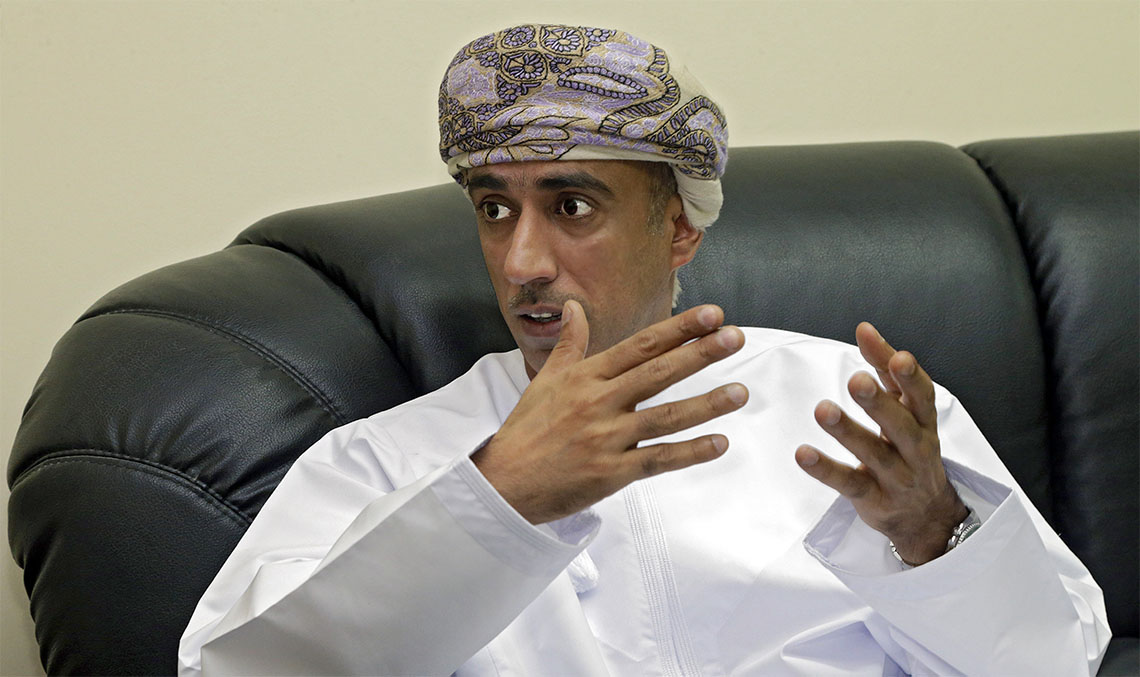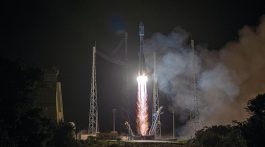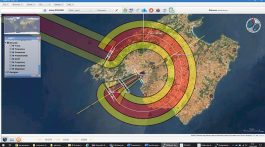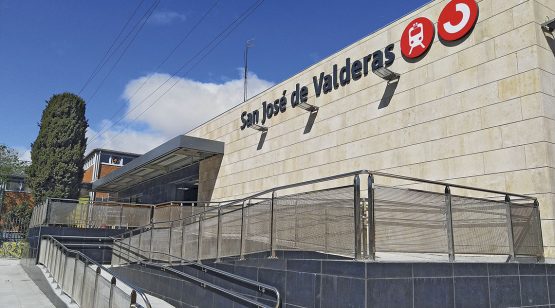The years 2015 and 2016 are being very intense for the development of Mwasalat. What actions have you completed so far?
During November 2015, occurring simultaneously with the celebration of 45th year of the Renaissance of Oman, a key milestone was achieved by the company: Mwasalat unveiled a new company identity and the spinal route of Muscat public transport system was implemented, while the existing routes were renovated with brand-new and modern fleet. This was the first step of a long process that will see a substantial number of routes being implemented in Muscat during the following years. The modernization of the company has not been limited only to urban transport in Muscat, Mwasalat intercity and international services were also improved as part of this renovation process with brand-new fleet with the highest levels of quality and safety.
The new Muscat services have changed the public transport landscape in the city, what has been the people’s reaction to the new services?
People’s response to the new bus services in Muscat has been very positive. Passengers are very satisfied with the new features in the bus. The buses are low-floor, air-conditioned and equipped with cameras and informative screens. From the demand’s point of view, the launch of these initiatives can be seen as a great success since public transport demand has substantially increased: more than 600,000 passengers used the Mwasalat service in Muscat in the first 70 days, averaging around 9,000 passengers every day. These figures contrast with the average of 3,500 passengers per day before the launch of the new services.
Regarding the future, what future actions is the company planning?
A number of ambitious plans are awaiting for the company such as the expansion of the city and intercity bus fleet in order to implement new urban bus routes in Muscat, to establish new urban bus routes in other strategic cities of the Sultanate and to reinforce or extend the intercity routes with new services to other destinations or greater frequencies for existing routes.
The new services are receiving a very positive response from passengers
Intelligent Transport System (ITS) is key element for the modernisation of the company. What ITS are you planning to implement?
We are planning to implement smart ticketing, passenger information systems, automated vehicle management systems, etc. All this initiatives will help to improve transport system and mobility, reduce traffic associated problem, enhance the economy and, finally, help to continue the economic and social development of the Sultanate of Oman.
Public transport sector is very particular in Oman, what challenges is the company facing in this sector?
The main challenges is the regulation of the sector. Mwasalat needs this regulation: firstly, to regulate the taxi sector so they become a professional and complementary activity to bus services; and secondly, to regulate the passenger land transport market, so the coexistence of public (Mwasalat) and private bus companies is achieved with adequate competence conditions. Fortunately, the work is under progress with the recently approved Land Transport Law that was elaborated by the Ministry of Transport and Communications, which is the first step to regulate the sector.
How would you assess Ineco’s work and what is its role in the development of Mwasalat?
Ineco is developing for Mwasalat a comprehensive Master Plan that will chart the road map for the company’s evolution into an international-class bus operator over the period 2016-2040. The Master Plan is aimed at transforming Mwasalat into a world-class public bus transport operator. We really appreciate the involvement, flexibility and know-how of the Ineco’s team working in this project. Ineco has successfully demonstrated in the past months that they are a team of highly qualified professionals that can bring international best practice tailored to our needs and context.






